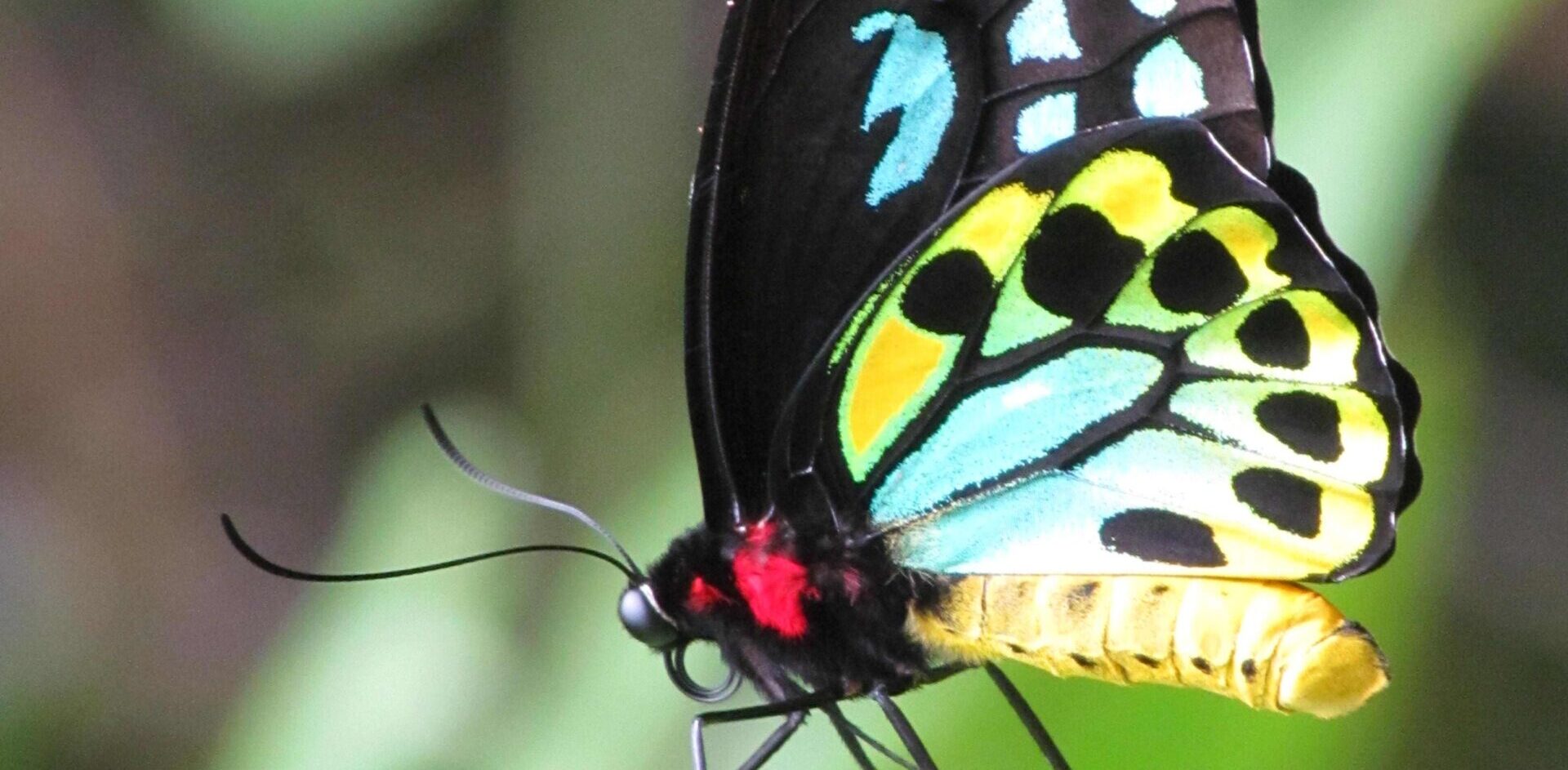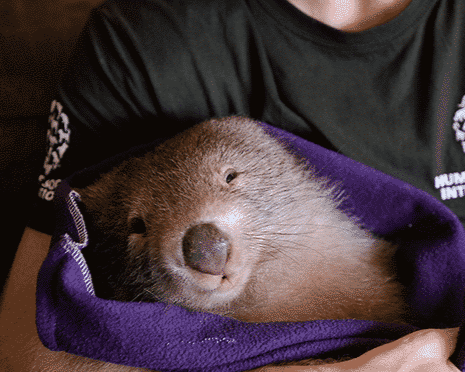The Newsletter of Humane World for Animals' Wildlife Land Trust • Issue 30 • 2025 Read More
We are so very proud to report back to all of you after an incredibly successful 19th Conference of the Parties for the Convention on the International Trade in Endangered Species of Wild Fauna and Flora, better known as CITES. The importance of this conference cannot be overstated, as it dictates how wildlife is traded across the world, and is the only body that can restrict the reach of commercial interests that can and has led to the decimation of majestic creatures, such as big cats, elephants, sharks and tens of thousands of threatened species.
HSI has a long history of attending these conferences using our expertise and reputation from decades of experience to advocate for threatened species, winning them protection they need to survive.
This recently concluded meeting took place in Panama and over the course of two weeks delegates from 184 member countries voted to secure increased trade protections and restrictions for nearly 350 species!
Ninety-five species of requiem sharks, hammerhead sharks and guitarfishes, whose populations have plummeted due to unsustainable fishing for trade in fins and meat, received new protections. Now these animals can only be sold into the trade if it is not detrimental to the survival of the species in the wild.
All 158 species of glass frogs, whose survival is threatened by the exotic the pet trade, received new protections, which will help keep these threatened frogs safe in their natural Latin American habitats.
The number of leopard hunting trophies that can be exported from certain African countries was decreased by 610, saving hundreds of leopards every year. An encouraging step to be sure, but we will not stop until all animals are safe from trophy hunters across the globe.
The signatory nations also helped rhinos and elephants by refusing to adopt dangerous proposals that would have opened international trade in horns of southern white rhino and African elephant ivory.
But not all the news was good: An opportunity to increase protections for hippos was tragically missed when the European Union cast its 27 votes against a proposal that would have ended the legal international commercial trade in hippo parts.
Hippos are often killed for their ivory teeth, and even though nations where hippos live hoped to curb these trophy killings by prohibiting trade in hippo parts, the proposal was defeated. This leaves the cruel trade used by wildlife traffickers tragically open.
Advocating for protections for wild animals can feel like an arduous process, especially when we know the irreplaceable lives of individuals are at stake, but much progress has been made, and we will never back down until threatened wild animals, like hippos, get the protections they deserve.


